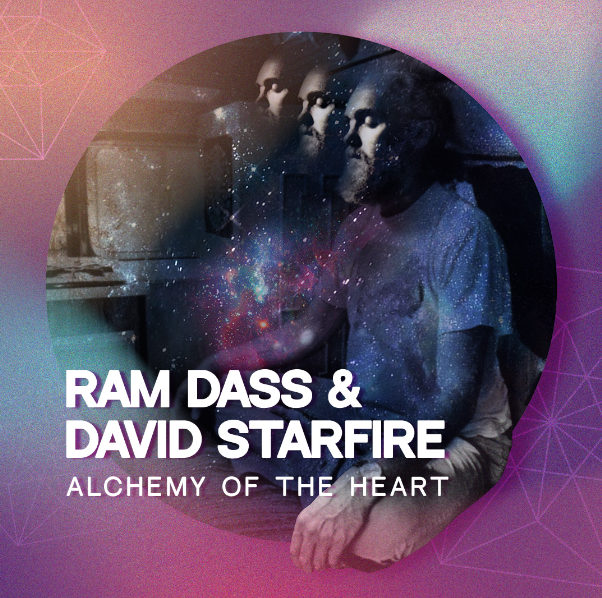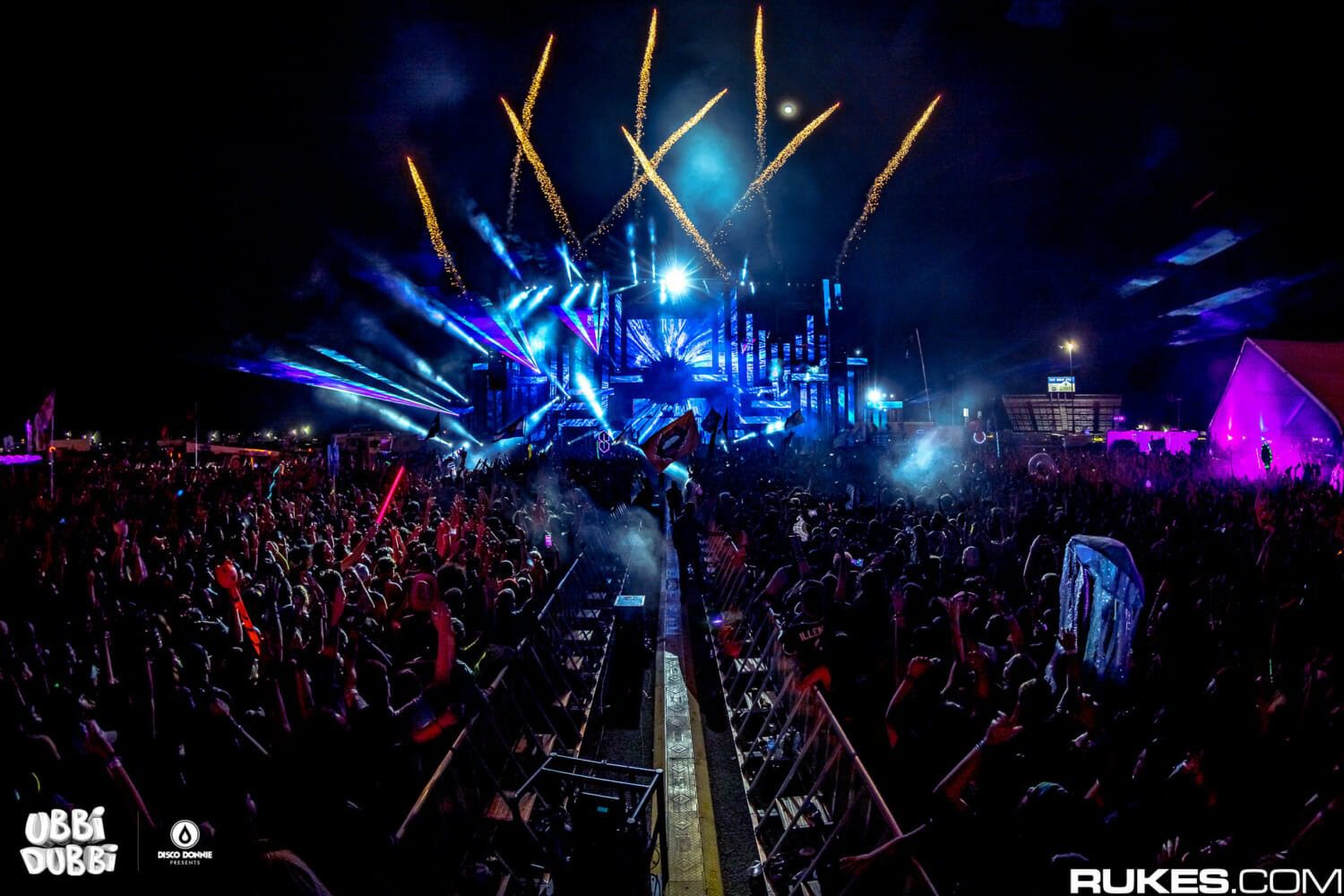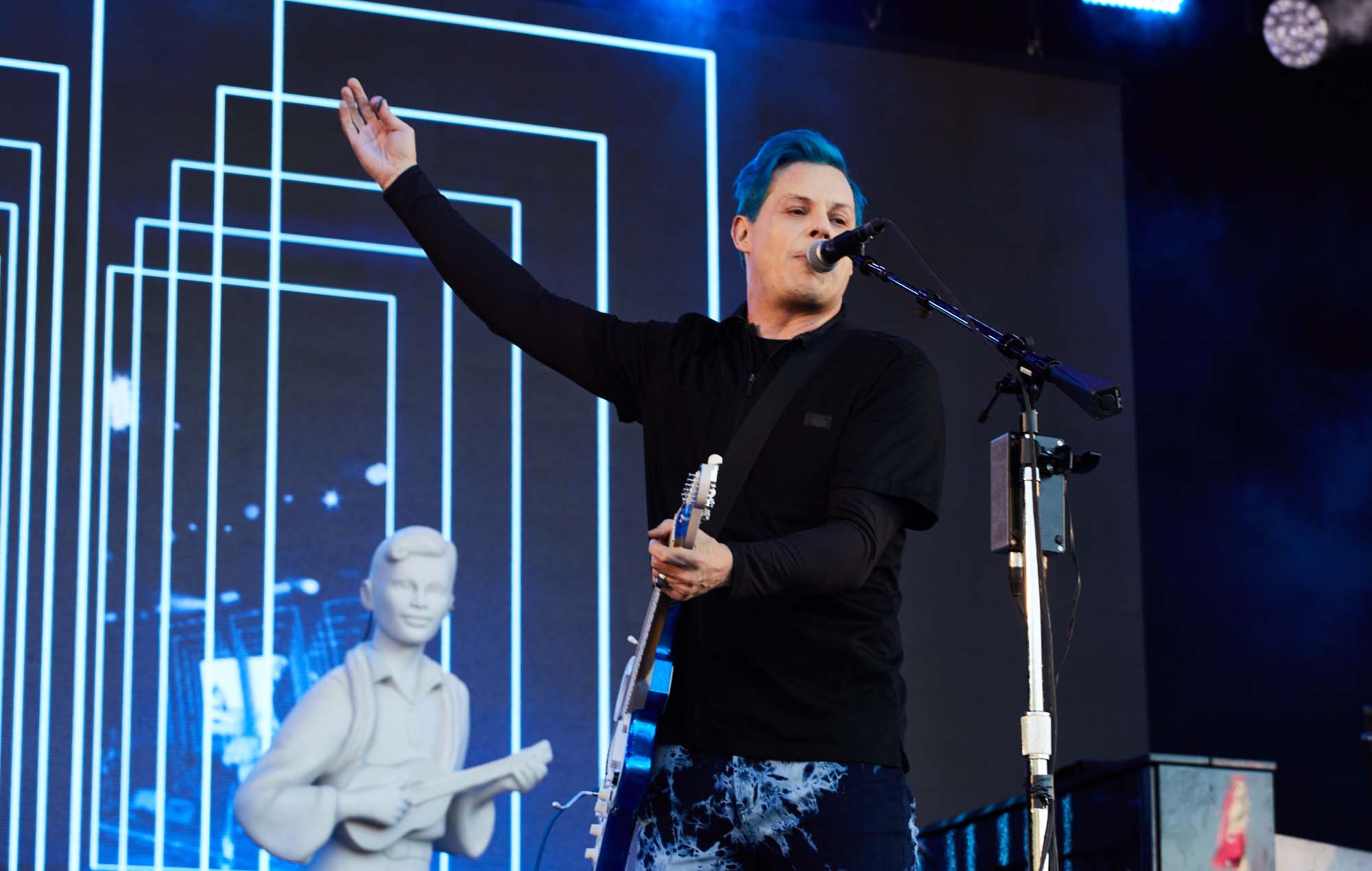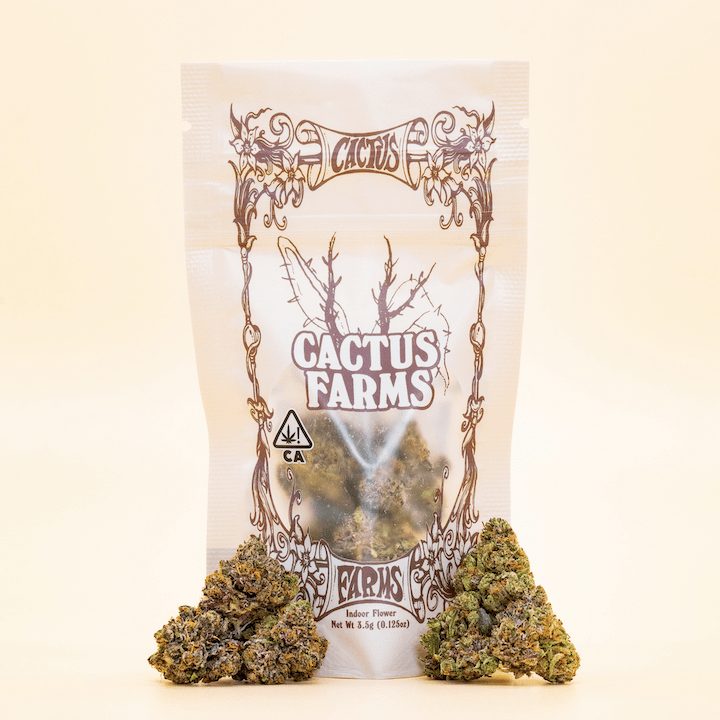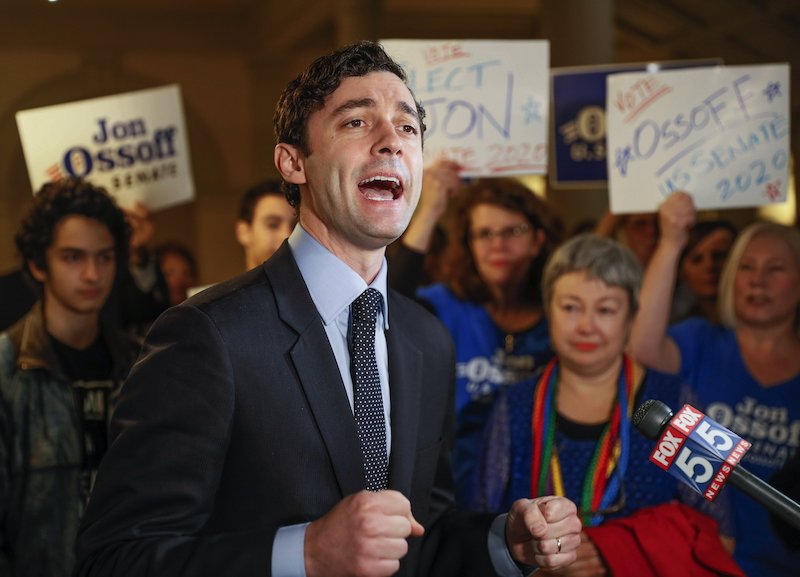The music world is buzzing as Spotify officially responded to Drake’s legal petition accusing the platform of using bots and payola to boost the streaming numbers of Kendrick Lamar’s track Not Like Us.
Filed in Manhattan court, Spotify has not only denied the claims but called them “far-fetched” and “speculative.”
What Exactly Did Drake Claim?
Drake’s legal team filed a petition last month, alleging that Spotify and Universal Music Group (UMG) manipulated streaming numbers to inflate the success of Kendrick Lamar’s track. He accused them of deceptive practices and hinted at violations of the Racketeer Influenced and Corrupt Organizations (RICO) Act. According to Drake, these practices gave Kendrick’s song an unfair boost, leaving other artists at a disadvantage.
Spotify’s Legal Clapback
Spotify wasted no time in firing back. The company filed a motion stating, “The predicate of Petitioner’s entire request for discovery from Spotify is false.” Their lawyers further argued that the petition lacks specific facts and relies on anonymous claims from the internet.
Spotify also slammed Drake for choosing a legal petition over a formal lawsuit, calling it an “extraordinary” move designed to sidestep normal judicial processes. “This subversion of the normal judicial process should be rejected,” the motion declared.
David Kaefer Speaks Out
David Kaefer, Spotify’s VP of Music, submitted an affidavit emphasizing the platform’s commitment to fair streaming practices. He stated that Spotify invests heavily in detecting and removing artificial streams. “When we identify attempted stream manipulation, we take action that may include removing streaming numbers, withholding royalties, and charging penalty fees,” he explained.
Kaefer also reassured that manipulated streams are excluded from chart calculations, ensuring fair royalty payouts to “honest, hardworking artists.”
While UMG hasn’t officially responded in court, the label previously released a statement dismissing the allegations as baseless. “No amount of contrived and absurd legal arguments can mask the fact that fans choose the music they want to hear,” the statement read.
Drake’s Counter-Response
Drake’s legal team isn’t backing down. They’ve accused Spotify of distancing itself from UMG’s alleged manipulative practices. “If Spotify and UMG have nothing to hide, then they should be perfectly fine complying with this basic discovery request,” his attorneys said in a statement.
The controversy has sparked heated debates online. Some fans side with Drake, believing the music industry needs more transparency, while others mock the idea of bots boosting streams for Kendrick Lamar. Memes and hashtags like #Botify and #DrakeVsSpotify have taken over social media, adding a dose of humor to the drama.
What’s Next?
As the legal battle unfolds, the spotlight is on Spotify and UMG to prove their innocence. Meanwhile, Drake faces the challenge of backing his claims with substantial evidence—something Spotify’s lawyers argue he lacks.
One thing’s for sure: this case has reignited conversations about fairness and transparency in the music streaming industry. Whether it’s bots, payola, or plain fan loyalty, the truth will shape the future of how we perceive streaming numbers and their impact on artists.


